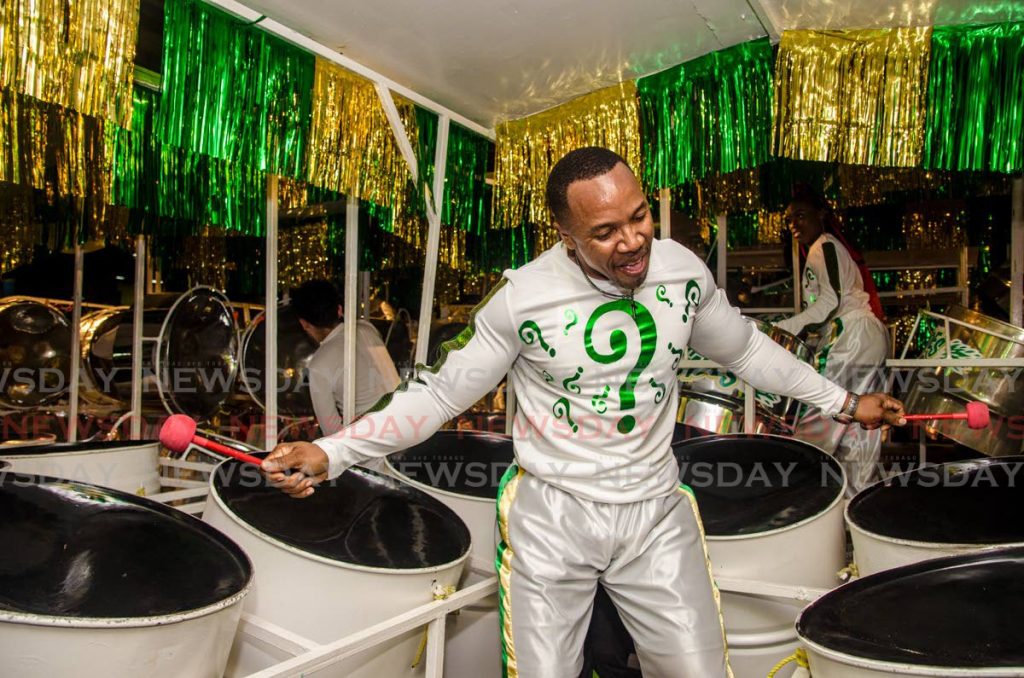A Renegade arrangement

The longstanding partnership between BPTT and Renegades – which this year marks 50 years – is a good example of going against the flow: it is a renegade arrangement in the most positive of senses, an arrangement which should not only be celebrated but also emulated as a model for how private industry and the creative sector could find ways to collaborate on a sustainable basis.
Just how valuable this kind of collaboration can be is all too apparent now. Unprecedented economic pressures have not only hit corporations, but also arts bodies. The uncertainties ahead are not only a challenge for big business, but they also interfere with the possibility of recovery for the creative sector.
For example, there are many unresolved questions over Carnival, which is a key revenue-earning moment for steelbands.
But the BPTT/Renegades arrangement provides an example of how creative clusters can seek to avoid over-reliance on the State and on tent pole activities.
It is instructive to look at the finer details of the relationship. Sponsorship is just one piece of the puzzle, building capacity is another. Such capacity is key to training future generations. It is also integral to broadening revenue streams so that pannists do not depend on a single appearance fee once a year.
BPTT and Renegades have managed to leverage assets, and to also embark on a year-round series of events which means all eggs are not kept in one basket. Because this has been fine-tuned over time, the company’s sponsorship, while substantial, is only one aspect of revenue.
And this is where the model differs from other arrangements where sponsorship tends to take on a superficial dimension, be more short-term and lacks community orientation.
That community orientation is pivotal. It ensures the identification and nurturing of talent, creates important social bonds, bolsters local employment, and also makes the success of the venture more meaningful. This kind of symbiosis allows culture to become an agent for positive renewal, even during the most difficult of times. Before the pandemic, things were already tough for steelbands owing to economic realities. In fact, some lost sponsorship and players were left to move to other bands that still had corporate support. Even bands that secured new sponsorship found their needs only partially met.
Such a dearth of corporate social responsibility funding left many reliant on another finite resource: the State.
It is a tough sell to get governments and corporations to value the arts at moments of economic stagnation. But if corporations band together and see the greater social significance of community-based creative entities and the role these entities play in the conditions that affect the quality of life and the stability of society, then maybe there is hope.
Because bands must prepare for a Carnival whose format remains unknown for next year, there are opportunities for a different type of corporate involvement going forward. This will benefit from innovation, but it must centre on shared goals.


Comments
"A Renegade arrangement"